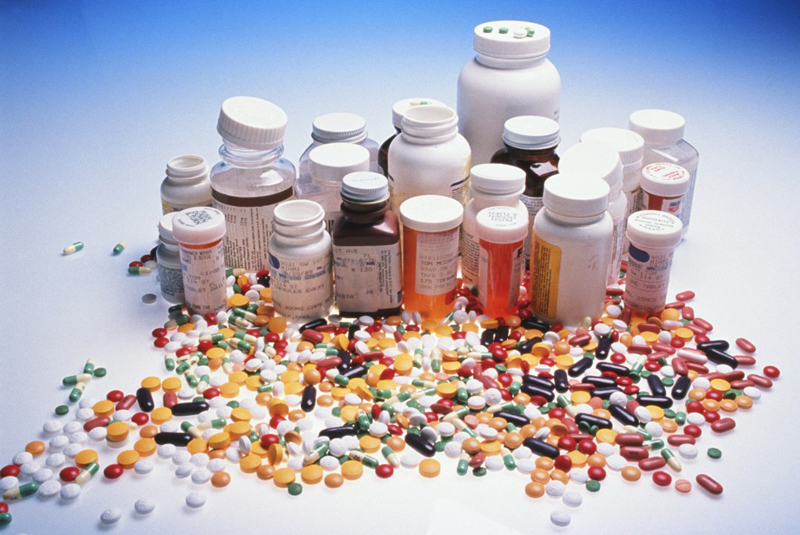Dueling Immigration Coalitions
Submitted by Diane Farsetta on

Submitted by Diane Farsetta on
Submitted by Diane Farsetta on
"CBS affiliate WUSA-TV was charging the [Washington] DC government as much as $100,000 annually to promote breast cancer awareness during newscasts." From 2002 to 2004, anchors at the Gannett-owned station were required to encourage viewers to go to the station's website for information about breast cancer - next to a banner ad for the city's Human Services Department. Through their "Buddy Check 9" program, the TV station also encouraged viewers to remind women friends or family members to perform self-exams for breast cancer.
Submitted by Diane Farsetta on
After "a major government-commissioned study found advertising contributes to childhood obesity" and two bills before Congress "proposed regulation of children's advertising," Kraft, "the nation's biggest food company," knew it "risked being depicted as a corporate villain." So, in January, the company "announced it would quit advertising certain products to kids under 12." While some criticized Kraft's continued use of cartoons and questioned whether the company should be able to decide "what's healthy and what isn't," policymakers praised Kraft.
Submitted by Diane Farsetta on
 The Food and Drug Administration will hold a public hearing on direct-to-consumer (DTC) drug advertising, "more than two years after the last public hearing ... failed to produce any guidelines to regulate the $4 billion ad category," notes AdAge.
The Food and Drug Administration will hold a public hearing on direct-to-consumer (DTC) drug advertising, "more than two years after the last public hearing ... failed to produce any guidelines to regulate the $4 billion ad category," notes AdAge.
Submitted by Diane Farsetta on
The Wall Street Journal reports that Subway Restaurants "launched a new sandwich last night by having it written into the story line of NBC's 'Will & Grace'." Such advertising is increasingly spreading beyond television and movies, and into magazines and newspapers.
Submitted by Diane Farsetta on
After the industry group Pharmaceutical Research and Manufacturers of America (PhRMA) issued a voluntary code of conduct for direct-to-consumer (DTC) drug advertising, drug companies "are hoping to skirt the issue" by "getting more executives and experts quoted in major newspapers and magazines and sitting acros
Submitted by Diane Farsetta on
"Philip Morris, the manufacturer of Marlboro ... created a crack team to transform the insides of Britain's upmarket bars and music events, in an attempt to boost its profits," reports The Observer. Marketing documents from 2004 that the newspaper obtained detail how Philip Morris offers gift certificates to bar owners for displaying furniture, ashtrays or vending machines with Marlboro's logo.
Submitted by Diane Farsetta on
California's November 8 elections on "several controversial propositions" dealing with state redistricting, the school system, budget and drug prices "could be one of the biggest political scrapes of the year, involving $125 million in ad spending," reports Advertising Age.
Submitted by Diane Farsetta on
The San Francisco Examiner and Independent "agreed Friday to label as advertising a regular restaurant news column the newspapers had used to reward advertisers and solicit ads from eating establishments." Previously, ad salesperson George Habit had written food columns identified only as "special to the Examiner" or "Independent Newspapers." Habit admitted, "I use the column as an initia
Submitted by Diane Farsetta on
The Wisconsin Advertising Project estimates that "many voters - nearly 60 percent - have not been exposed to any of the 530,000 campaign ads aired so far in the most expensive presidential campaign ever." A companion project researching local TV news "found only 44 percent of local stations offer[ed] any campaign coverage at all in the 2002 elections.
Center for Media and Democracy (CMD)
520 University Ave, Ste 305 • Madison, WI 53703 • (608) 260-9713
CMD is a 501(c)(3) tax-exempt non-profit.
© 1993-2025